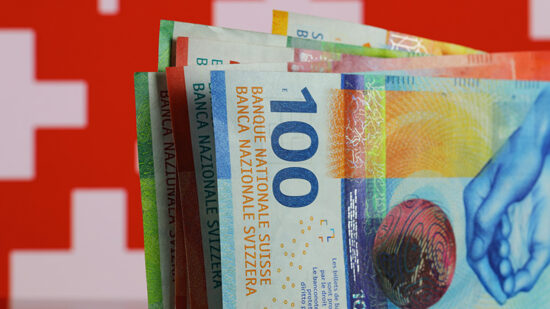A cursory glance at the general economic outlook concluding Q2 may give the appearance of a rather less gloomy climate than witnessed in the first three months of the year. However, slow growth and ongoing political uncertainty perpetuate a challenging environment for investors.
Pleasing corporate earnings and a rise in commodity prices had set equity markets off on a positive footing at the start of Q2, which, in the case of UK and US markets, helped erase the year’s earlier losses.
However, one major event has dominated headlines over the past few months as the UK electorate voted unexpectedly to leave the EU, resulting in domestic political turmoil and elevated uncertainty in economic markets across multiple jurisdictions.
This has led to increased volatility in financial markets and will continue to do so for the foreseeable future. The immediate aftermath saw equity markets suffer considerable losses. However, markets were quick to recover, with the FTSE 100 closing 4% higher by the end of the month.
While this may give the appearance of a swift economic revival within the UK economy, these gains were largely due to the predominant composition of the FTSE 100 as globally focused companies benefiting from a depreciating pound. This is in contrast to the more UK-centric FTSE 250, down 5% by the end of June.
The unexpected decision on Brexit led to sterling and most risk assets falling sharply, as the pound in particular had been buoyed by polling figures predicting a vote to remain. The Bank of England reacted swiftly after the referendum, promising £250bn in further quantitative easing to allay fears of an impending recession.
Though sterling depreciated sharply – on 24 June recording its lowest level vs the dollar since 1985 – this should stimulate exports as the situation appeals to foreign markets.
The same cannot be said for European equity markets, which on the whole have performed poorly. European banks continue to wane, with bond yields falling deeper into negative territory in both Europe and Japan.
While negative interest rates and QE have become increasingly prominent tools by which central banks look to stimulate economic growth, pertinent questions remain as to the efficacy of such monetary stimulus.
With no significant increase in economic activity or inflation, questions are increasingly being asked of the current political consensus of pursuing growth through austerity. Most prominently, the IMF now believes it initially massively understated the damage spending cuts inflict on a weak economy.
Piling on the pounds
In other regions, US markets have been buoyed from encouraging employment data and that the Fed is likely to hold off from raising interest rates for the time being. The Bank of Japan has taken a step back from QE, resulting in an appreciation in the yen and a subsequent fall in equity markets.
The depreciating pound has been a main benefiting factor for UK investors that have an international diversified portfolio, as witnessed through the performance of the Trustee Managed Portfolio Indices (TMPI).
For managers that sought safe-haven assets leading into the referendum, additional positive attribution came largely through government fixed income and gold. Government bonds, particularly gilts, have continued to produce high returns throughout 2016 as QE and the flight to safety continue to drive down yields to record lows – an example being gilts up 12% to the end of June.
During the quarter the TMPI produced positive returns across the three risk profiles: the low-risk index returned 2.3%, medium-risk 3.1% and high-risk 3.6%. Positioning in US and European securities will have been beneficial to portfolio performance due to sterling depreciation of 6.9% vs the dollar and 4.8% against the euro.







